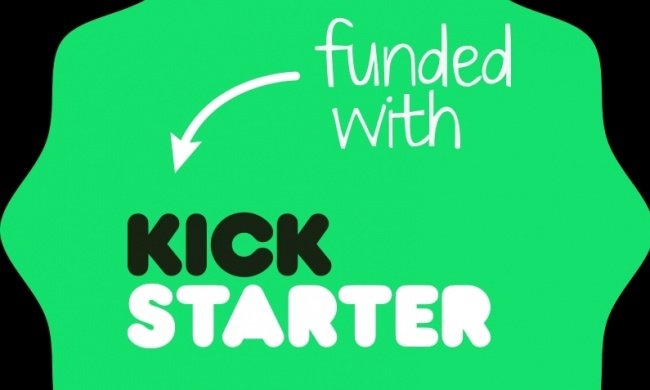Kickstarter Inc. has re-incorporated as a Public Benefit Corporation, the company announced. The new structure, which changes the company name to Kickstarter PBC, formally acknowledges that the company has a goal beyond shareholder value: its impact on society. This type of corporate status has now been adopted by 31 states, including Delaware, where the company is organized.
Kickstarter’s mission has always been “to help bring creative projects to life.” Now its corporate structure formally recognizes that it has goals beyond profits. “We measure our success as a company by how well we achieve that mission, not by the size of our profits,” the company’s statement said.
In addition to its original mission, the company lists several other public benefits in its goals, including how it handles user privacy, its tax strategy, and its environmental impact. It also pledges to donate 5% of after-tax profits to arts and music education (1/2) and to organizations fighting to end systemic inequality (1/2), particularly as it relates to people of color, women, and LGBTQ individuals.
The company will issue an annual statement, disclosing its performance against its social mission.
Kickstarter has been a privately held company that raised around $15 million, according to the New York Times. It’s profitable, making around $5 to $10 million each of the last three years. The money is being reinvested in the company, and there are no plans to go public or sell the company. A dividend to shareholders and employees will be used to distribute excess profits in the future.
Kickstarter’s investors were recruited with the company’s broader mission in mind, and all voted in favor of the reorganization, the company said.
It’s unclear what, if any, impact this will have on Kickstarter’s day to day operations, but given the company’s disclosures about its profitability and its goals, it would seem that both Kickstarter project creators and backers can expect similar or higher levels of service at similar cost.
Perhaps the biggest issue for both groups these days is what happens when the project’s creator fails to deliver the project to its backers. Kickstarter itself has taken a hands-off approach in such cases, taking the position that it’s just the platform where such transactions take place and is not responsible for the performance of its users. The government has recently gotten involved, bringing fraud charges against the creator in a failed Kickstarter (see “Court Orders Fines, Payments in Kickstarter Case”). Other companies have jumped in to rescue failed Kickstarter projects in other cases (most recently, for example, Osprey rescued Odin’s Ravens, see “Osprey Resurrects ‘Odin’s Ravens’”).
Such failures are relatively rare, and the change in Kickstarter’s corporate structure does not seem to have an immediate relevance to the issue (unless project failures begin to affect the value of the platform in providing support to new projects), but it will be interesting to watch how Kickstarter approaches this and other issues under its new corporate charter.








